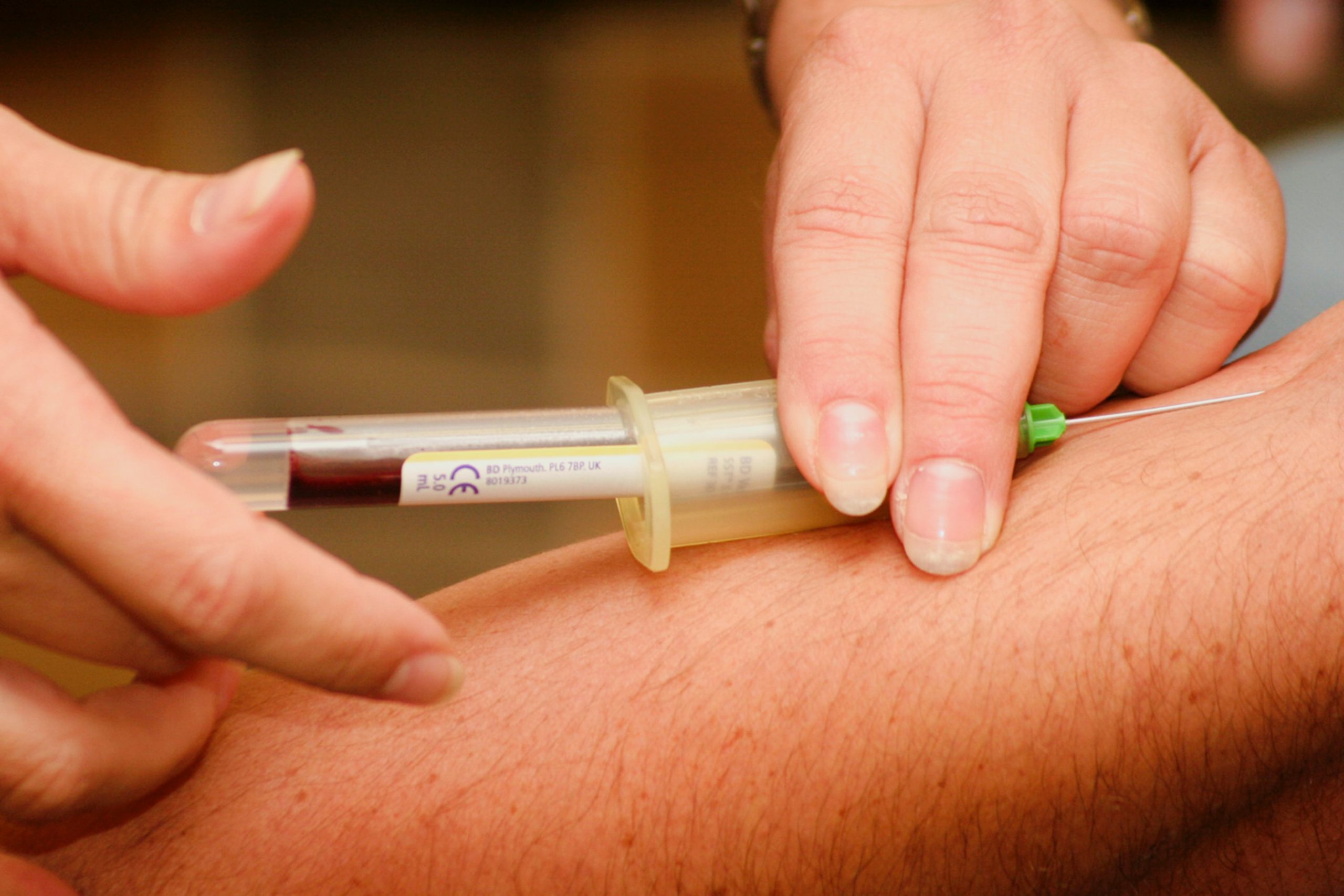Depression and loneliness are two distinct mental health issues, but they often occur together. While loneliness can lead to depression, depression can also lead to loneliness. Understanding the link between the two is essential for effective treatment and prevention.
What is Depression?
Depression is a mental health disorder that causes persistent feelings of sadness, emptiness, and hopelessness. It can also lead to physical symptoms, such as changes in appetite and sleep patterns. Depression can be caused by a variety of factors, including genetics, traumatic life events, and chemical imbalances in the brain.
What is Loneliness?
Loneliness is the subjective feeling of being alone or isolated from others, even when surrounded by people. It can be caused by a lack of social support, a lack of meaningful social interaction, or major life changes, such as a move or loss of a loved one.
The Connection Between Depression and Loneliness
While depression and loneliness are separate mental health issues, they often occur together. In fact, studies have shown that loneliness is a significant risk factor for depression. This may be because loneliness can lead to feelings of hopelessness and disconnection, which are common symptoms of depression.
On the other hand, depression can also lead to loneliness. People who are struggling with depression may withdraw from social activities and relationships, which can lead to isolation and further exacerbate feelings of loneliness.
Additionally, the stigma surrounding mental health issues can make it difficult for people to reach out for help, which can perpetuate feelings of loneliness and exacerbate symptoms of depression.
Preventing and Treating Depression and Loneliness
Preventing and treating depression and loneliness requires a multifaceted approach. It is important to address both the underlying causes of these issues and the symptoms themselves.
For loneliness, building social connections and support systems can be key. This can include joining social clubs or organizations, volunteering, or simply reaching out to friends and family for support.
For depression, therapy and medication can be effective treatments. Cognitive-behavioral therapy (CBT) is a common form of therapy that has been shown to be effective in treating depression. Medication, such as antidepressants, can also be effective in managing symptoms.
It is also important to address the underlying causes of depression and loneliness. This may require major life changes, such as finding a new job or moving to a new location, or addressing traumatic life events through therapy.
The Importance of Seeking Help
If you are struggling with depression or loneliness, it is important to seek help. The stigma surrounding mental health issues can make it difficult to reach out for help, but it is essential for effective treatment and prevention.
Remember, you are not alone. There are resources available to help you overcome depression and loneliness, and it is possible to find happiness and fulfillment in your life. By understanding the link between these two issues and taking proactive steps to address them, you can improve your mental health and overall well-being.










